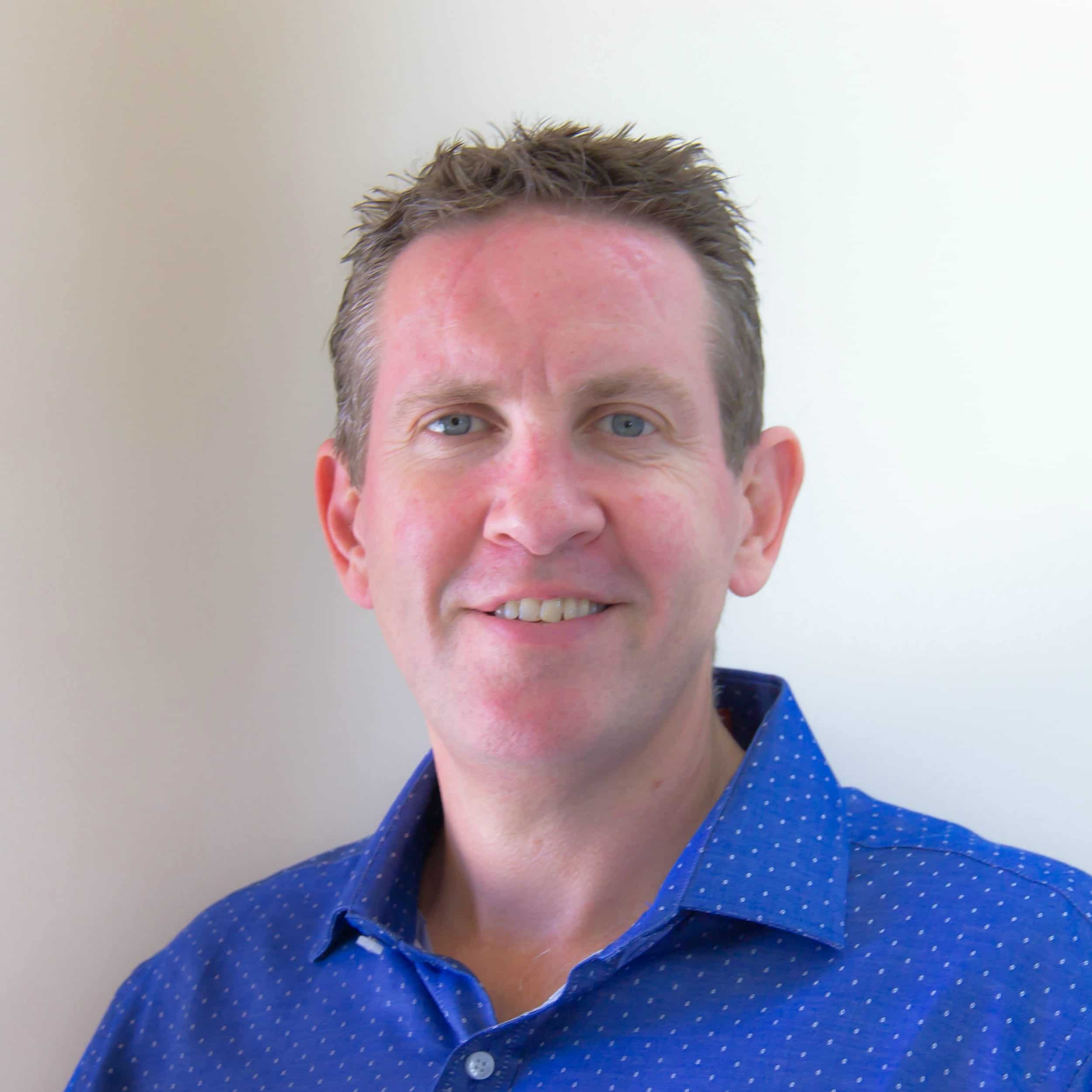Audrey Tan and Lee Min Xuan are innovators. They are constantly seeking solutions to problems that pervade life. Importantly, they believe that money, whilst a burden to some, can and should be harnessed by everyone as an enabler. Before PlayMoolah, Audrey and Min Xuan were both studying at the National University of Singapore, and participated together in the same work-study programme in Silicon Valley in 2008, where they interacted with amazing like-minded entrepreneurs and designers. It was there that they realized the possibility of harnessing technology to address issues like financial illiteracy, a big problem that they noticed during the global financial crisis of 2007/08. This epiphany was the sparking point for PlayMoolah.
The Asian Enterpreneurs speak to these daring women about the changes they are trying to make with their very ambitious and noble startup.
What exactly is PlayMoolah?
PlayMoolah is an international innovation company based out of Singapore that designs authentic experiences for children and young adults to learn andmake informed decisions about money. Partnering with their parents, peers,and financial / learning institutions, PlayMoolah aims to inspire real-world action, giving youth the knowledge, skills, and tools needed for financial literacy.
PlayMoolah is on a mission to empower the next generation to realize how money can help achieve their goals and create value in the world – instead of being a limitation to fulfill one’s dreams and aspirations. From PlayMoolah, there is PlayMoolah.com, an online platform for children to learn about smart money management, through interacting in our portal and playing the games we built into it. Children will learn about Spending, Saving, Investing, Giving, and Earning, while having fun at the same time. We have also launched an iPad app called Coin Catcher that teaches the difference between needs and wants in a vivid and captivating storyline, as well as Yusheng Rush, a seasonal game that teaches children about budgeting, co-created with a local financial institution in Singapore.
Where did the idea for PlayMoolah come from?
In 2008, when we were still NUS undergraduates, we were on an exchange programme to work in a Silicon Valley startup. It just so happened to be during the height of the 2007-2008 global financial crisis and recession, and as a result we saw many families, including friends of ours, struggling financially. It got us thinking about where the root of these financial problems were, and realized how important it was for everyone to have basic understanding of money management, right from their first allowance.
That is when we got the idea to start PlayMoolah.com, an online platform for children aged 6-12 years to interact and play on, while learning about ways to manage money. We chose this specific target group, as kids that age are old enough to be conscious of decision-making, yet young enough to internalize these lessons quickly to affect life-long habits.
We strongly believe that having sound money handling skills is an important enabler to pursue what you really want to do in life, and not being hold back and perceiving money as a set hurdle.
How did you realize the idea?
In 2008, we built a small prototype, and secured our first paying customer. With this prototype, we began to fundraise, and thanks to our angel investors, we were able to set up a team of capable and like-minded people. With this team, we built our first beta-ready product, PlayMoolah.com, a financial literacy product for ages 6-12 years.
What was the approach towards development?
Our products are heavily based on research. One key piece of research that inspired us was BJ Fogg’s Behavioural Model On Persuasive Design. It helped us understand what effective financial education could mean for children and parents, and shape our products to employ the best financial education methodologies. We realize that to achieve this, we have to address the knowing-doing gap. If there were appropriate knowledge on money management, it would trigger real-life behavioural changes that then could empower and change lives.
Were there any difficulties that you encountered during startup and how did you overcome it?
One of our biggest challenges was and continues to be definitely hiring. It takes a lot of time and perseverance to scout for the right team that shares the same mindset and passion. One of the amazing things that happened to us was that one of our investors joined the PlayMoolah team as our CTO! Without the team that we have today, we would not have been able to execute and progress as far as we did.
How was the market reception?
We had a very positive response, possibly due to people being able to identify with the challenges we try to tackle and approach as everyone has their own money story, struggles and successes that they face. However, we did not expect the extent of the positive response – it was overwhelming. Despite the positive response, we also learnt that not everyone agrees that the topic of financial literacy or money matters should be taught to children – people have different schools of thought on this topic. Discussions about that actually help us to stay clear on why we do what we do.
Did you change any aspect of the business over time and why?
We started out the business focusing on children from ages 6-12. Our latest project that we have in the pipeline will be working more with young adults, fresh out of school and aspiring to be financially independent. We realized that the age group 24-35 is when all the first, crucial money decisions are made, and it is important at this point for those decisions to be smart and informed ones as the impact on your life can be quite substantial. We can’t share any more information at this stage, but will keep you in the loop for further developments.
Have you developed any insights of the industry you could share?
The industry for financial education is very nascent. There is a heightened rise of the subject of financial education in the last 5 years, as more people realize the importance of understanding money management than before. There is also a growing global participation from all kinds of organisations – banks, non-profits, private, or government – there is a global impetus to create a deeper solution for financial illiteracy.
As a company, an effective medium in this industry that could be further tapped into is simply “money conversations”. Active dialogue about money in all forms and situations will help everyone be more aware and more willing to seek knowledge needed to make informed decisions.
Connect with Audrey & Min Xuan and StopTheHacker today
Have you developed any insights of the industry you could share?
The industry for financial education is very nascent. There is a heightened rise of the subject of financial education in the last 5 years, as more people realize the importance of understanding money management than before. There is also a growing global participation from all kinds of organisations – banks, non-profits, private, or government – there is a global impetus to create a deeper solution for financial illiteracy.
As a company, an effective medium in this industry that could be further tapped into is simply “money conversations”. Active dialogue about money in all forms and situations will help everyone be more aware and more willing to seek knowledge needed to make informed decisions.
How do you continue to stay innovative?
We continually work with industry partners like financial institutions, to co-create products and experiences that are meaningful and useful to our target audience. Above all, we stay in constant close contact with our stakeholders and especially users (parents, children, young adults etc.), to help us remain attuned to the needs and challenges that they face.
What is your proudest moment in the life of PlayMoolah?
Our proudest moment so far is that PlayMoolah turns three this year! We’ve come a long way, and we are very grateful for this amazing journey.
If you could start all over again would you change anything about your approach?
We would possibly change two things – first, to define the challenge or problem that you are solving in a more defined manner. What we realized along the way is that financial illiteracy is a very big and broad challenge, and as anorganization we have to be discerning about what we chose to do, and decide where our responsibilities stop. Secondly, having gone through the challenges of hiring, we would be more discerning about hiring the right people that fit into the PlayMoolah team early on.
Do you think it is more difficult to be an entrepreneur in Asia compared to the West?
Not really. An entrepreneur is an entrepreneur, and no matter where he or she is placed, they will definitely thrive. The beauty of working in Asia is that people value relationships, and we find it a wonderful journey to build relationships with customers, while at the same time doing business with him/her.
What are some principles that guide you and your career?
There are three key principles that we follow. Honesty, in conversations, whether it is with our team, customers, users, or each other. Faith to see this company as an opportunity to serve, and that we are doing something larger than ourselves. Love for our target audience, children, young people, teammates, and supporters. It is this love that guides and sustains you while you do what you do.
What is your definition of success?
We are most motivated when we hear stories that our products inspire real life actions. Even if it is little things like a child who begins to save, or a family who learns to start having great conversation, we define success by the impact it has for our target audience.
We are committed to solving the problem of financial illiteracy, and while we stay motivated by our cause, there won’t be a time where there won’t be someone to help, inspire, and motivate.
Any entrepreneurial advice for our readers?
Know why you do what you do, and have a clear intention in your goals. Having a clear business objective will help persevere through the tough times. Part and parcel of being an entrepreneur is being challenged continually, hence understanding the why behind your work will keep you going.
In your opinion, what are the keys to entrepreneurial success?
Sustainability. For every business, it is important to have a business model that exists which is able to create value to your customer at all time while supporting the production of your products and services. In the industry, success would be to make sure your costumers are truly getting greater value and fulfillment upon using your products. It is very easy to fall into the trap of designing for yourself, so you have to remember to keep the needs of the customers in mind. As a company, it is crucial to ensure that people and developers in the company feel fulfilled and happy to go that extra mile together with you.
Any parting words of wisdom?
Remember to put customers before yourself. It is easy to get lost in your personal struggles, and lose sight of why you began your business. Keep your objectives in mind, and it will keep you through the tough times.
Website:http://www.playmoolah.com/
Linkedin:http://www.linkedin.com/company/playmoolah
Facebook:http://www.facebook.com/playmoolah


































